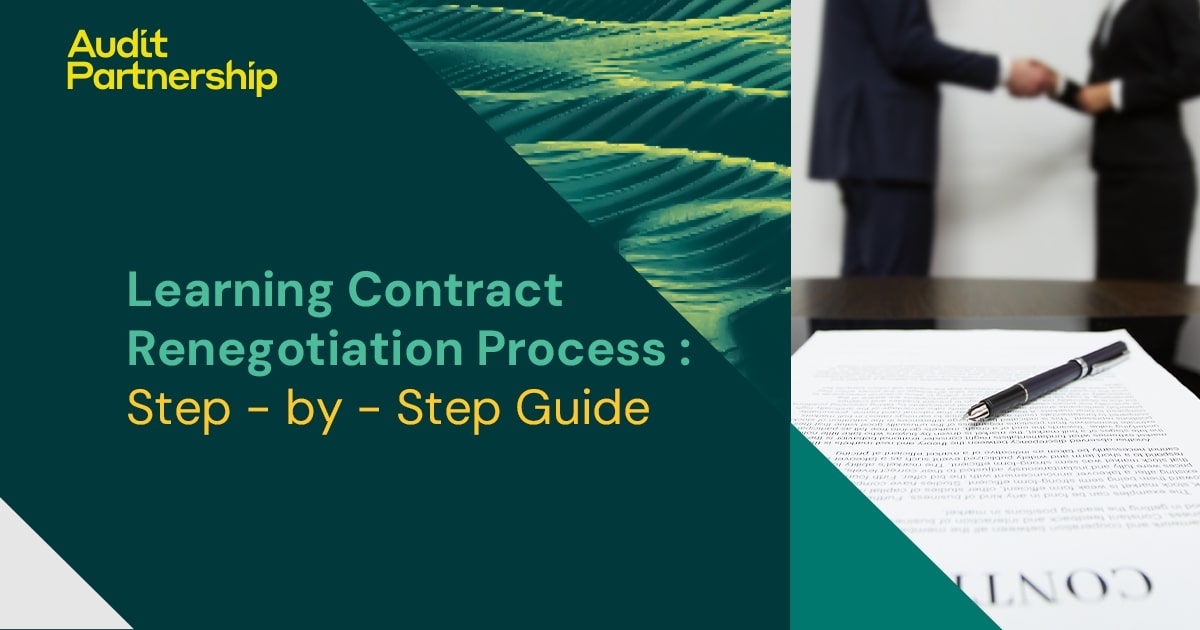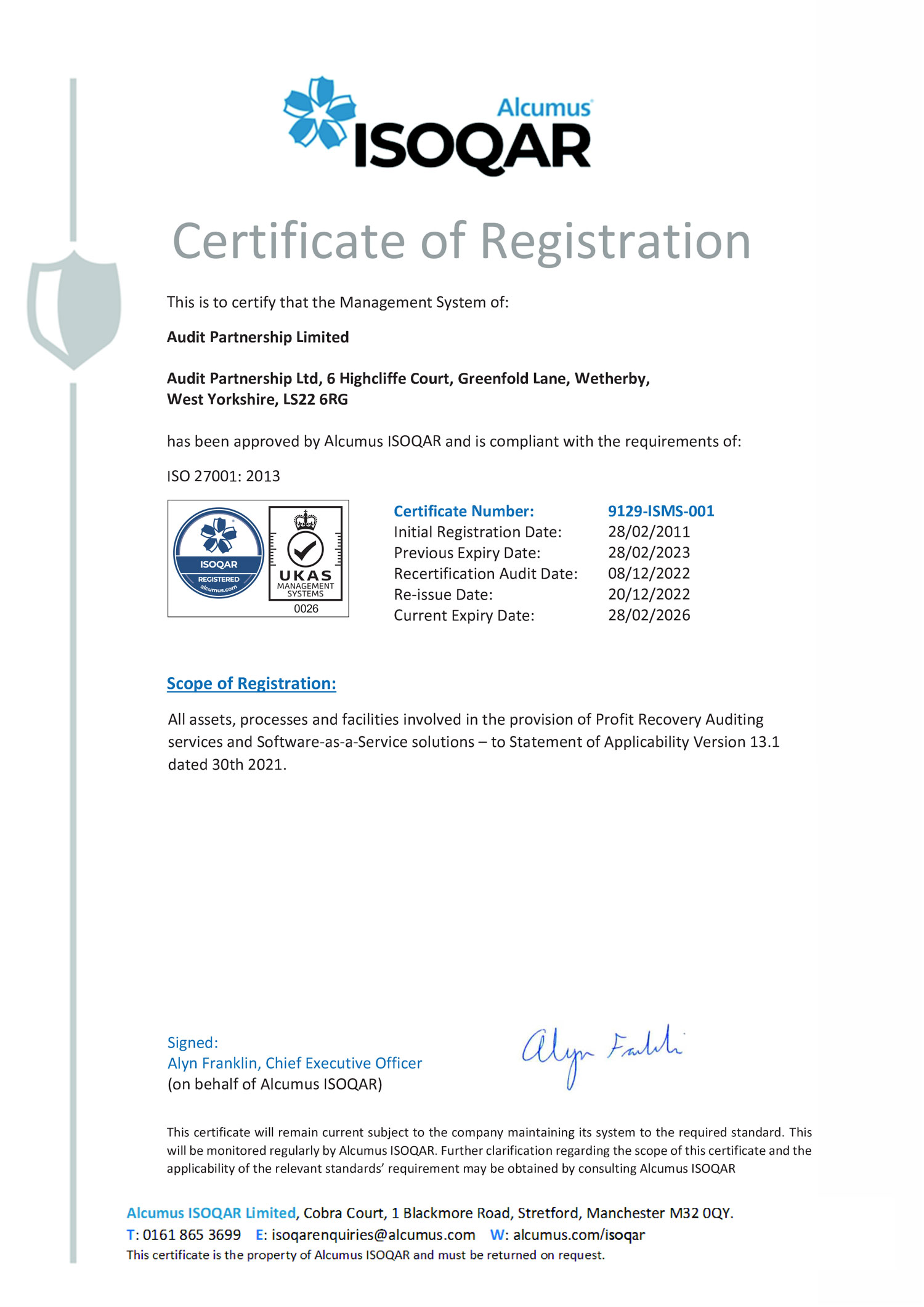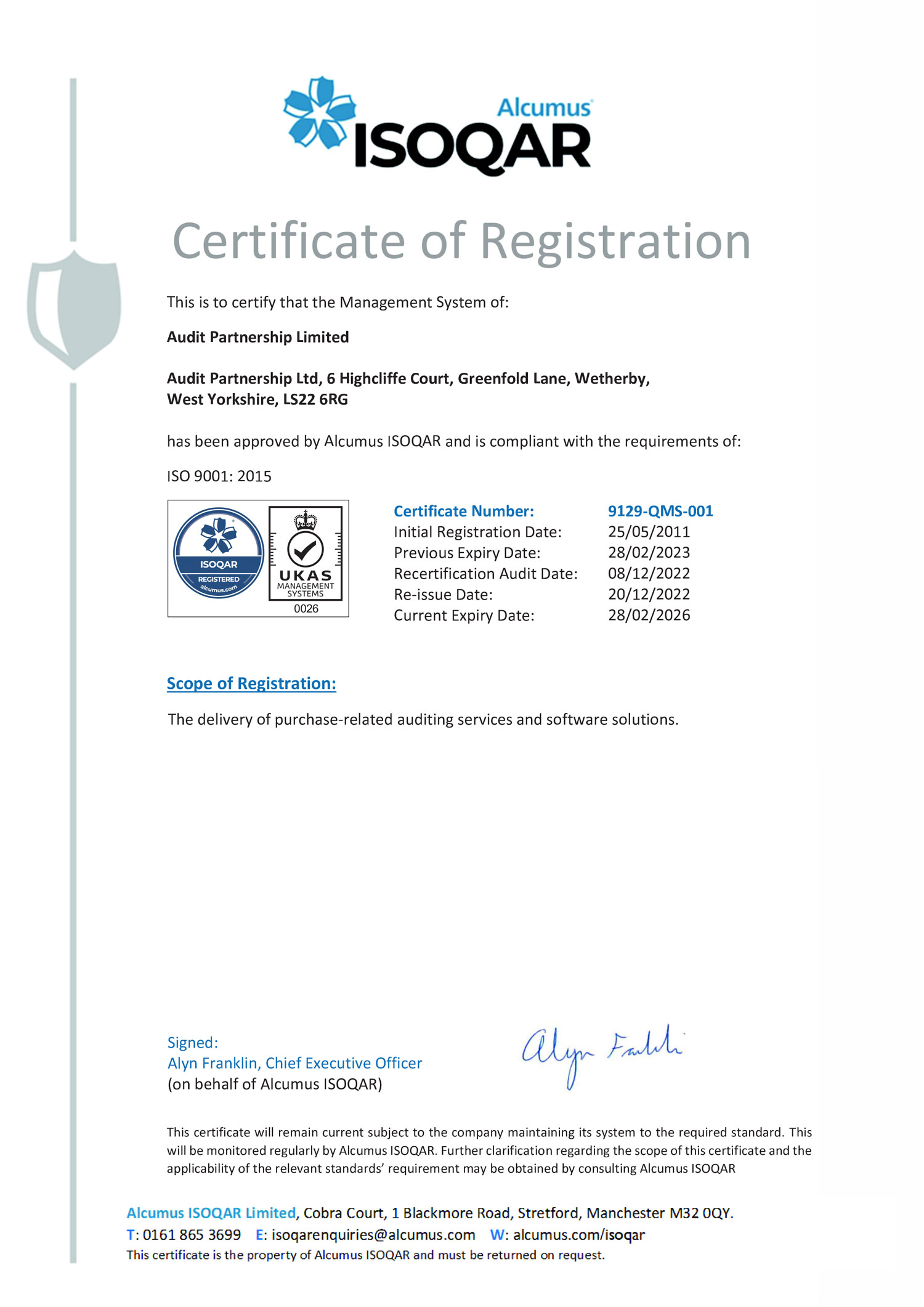
The term contract renegotiation helps them deal with unexpected problems and find a better deal that fits the current situation of their business relationship. If you know the basics and approach renegotiation wisely, you can boost your chances of a good result in contract renegotiation.
This complete guide provides a step-by-step approach to help business owners and customers navigate the contract renegotiation process effectively.
Why Renegotiate Contracts?
Before starting the steps, it’s essential to understand why contracts might need renegotiation. Several factors can trigger the need for a contract renegotiation process:
- Changing Market Conditions: Economic shifts, new regulations, or industry disruptions can render existing contract terms standard.
- Growing Business Needs: As your business grows and changes, your initial contractual agreements might no longer fit with your strategic objectives.
- Performance Issues: If one party consistently fails to meet the agreed-upon terms, renegotiation becomes necessary to address these shortcomings.
- Cost Savings Opportunities: A contract negotiation process can reveal potential areas for cost reduction and improved efficiency.
- Compliance Requirements: Changes in laws or regulations may affect adjustments to ensure compliance. As Audit Partnership highlights, staying compliant is key to operational efficiency.
Step – by – Step Guide
Step 1: Identify the Need for Renegotiation
The first step is to recognise the need for a contract negotiation process. This involves regularly reviewing your contracts and assessing their performance against your current business goals. Key indicators include:
Increased Costs: Are you paying more than the market rate for goods or services? Decreased Value: Are you receiving less value than initially anticipated?
Non-Compliance Risks: Are there any potential compliance issues arising from the current contract terms?
Audit Partnership’s contract compliance services can help you identify these issues through in-depth reviews of your agreements.
Step 2: Review the Existing Contract
Once you’ve identified the need for renegotiation, the next step is to thoroughly review the existing contract. Pay close attention to the following:
Key Terms: Identify the critical clauses related to pricing, performance, termination, and dispute resolution.
Obligations: Understand the obligations of each party and assess whether they are being met.
Renewal Options: Check for any renewal clauses and their terms.
Termination Clauses: Review the conditions under which the contract can be terminated.
Criteria: Understand the provisions for unpredictable circumstances.
Understanding these elements will provide a solid foundation for the contract negotiation process.
Step 3: Gather Supporting Data
Data is your ally in any negotiation. Collect relevant data to support your position. This might include:
Market Research: Gather information on current market rates for similar goods or services.
Performance Metrics: Compile data on the supplier’s performance, including delivery times, quality metrics, and customer satisfaction ratings.
Financial Analysis: Analyse the financial impact of the contract on your business.
Compliance Reports: Obtain reports on compliance with relevant laws and regulations.
Having concrete data will strengthen your case during the contract negotiation process.
Step 4: Develop a Renegotiation Strategy
With a clear understanding of the contract and supporting data, develop a comprehensive renegotiation strategy. This should include:
Objectives: Define your goals for the renegotiation. What specific terms do you want to change.
Priorities: Identify the most important issues to address.
Alternatives: Consider your options if renegotiation fails, such as finding a new supplier.
Negotiation Range: Determine your acceptable range for each key term.
Communication Plan: Plan how you will communicate your position to the other party.
A well-defined strategy is crucial for a successful contract negotiation process.
Step 5: Communicate with the Other Party
Open and honest communication is key to a productive contract negotiation process. Start by formally notifying the other party of your intent to renegotiate. This notice should include:
Reasons for Renegotiation: Clearly explain the reasons why the contract needs to be renegotiated.
Specific Issues: Outline the specific terms you want to address.
Supporting Data: Provide relevant data to support your position.
Proposed Solutions: Suggest potential solutions that could address the issues.
Timeline: Propose a timeline for the renegotiation process.
Frame your communication in a collaborative and solution-orientated manner.
Step 6: Conduct the Negotiation
The negotiation phase requires careful planning and execution. Here are some tips for a successful contract renegotiation process:
Be Prepared: Thoroughly research and prepare for each negotiation session.
Be Professional: Maintain a respectful and professional attitude throughout the process.
Listen Actively:Pay attention to the other party’s concerns and perspectives.
Be Flexible: Be willing to compromise on certain issues to reach an agreement.
Document Everything: Keep a record of all discussions and agreements.
Remember, the goal is to reach a mutually beneficial agreement that addresses the concerns of both parties.
Step 7: Document the Agreement
Once you’ve reached an agreement, it’s crucial to document the new terms in writing. This can be done through a formal amendment to the original contract or a new contract altogether. Ensure that the document includes:
Revised Terms: Clearly state the revised terms and conditions.
Effective Date: Specify the date on which the new terms will take effect.
Signatures: Obtain signatures from authorised representatives of both parties.
Having a well-documented agreement will prevent misunderstandings and disputes in the future.
Step 8: Implement and Monitor
After the agreement is documented, implement the new terms and monitor their effectiveness. This involves:
Communicating Changes: Inform all relevant stakeholders about the changes to the contract.
Tracking Performance: Monitor the performance of both parties against the new terms.
Addressing Issues: Promptly address any issues that arise during implementation.
Regular Reviews: Conduct periodic reviews to ensure the contract continues to meet your needs.
Continuous monitoring is essential to ensure the contract renegotiation process delivers the desired results. Audit Partnership’s ongoing compliance services can provide this monitoring.
The Audit Partnership Advantage
At Audit Partnership, we offer comprehensive contract compliance services to help businesses maximise the value of their contracts. Our services include:
Contract Review: In-depth review of your negotiated contracts with suppliers to uncover non-compliance and errors.
Claim Identification: Identifying missed rebates, incorrect rates, and pricing discrepancies.
Risk Mitigation: Highlighting areas where contracts may be inadequate or in need of improvement.
Compliance Assurance: Ensuring your business adheres to all regulatory requirements.
Cost Savings: Extracting maximum value from your contracts in terms of cost savings and historical recovery.
Conclusion
Transitioning from reactive to proactive in contract compliance audits is essential for long-term success. By setting complete management processes. Contact us today to learn how we can help you navigate the contract negotiation process and turn your contracts into assets. Audit Partnership values and fosters innovation, providing the necessary tools to excel.
FAQs – Contract Renegotiation Process
1. When is the best time to renegotiate a contract?
The best time is at the end of the term of the existing contract, and it is also a good time before the current contract expires. The other times could also be significant changes in market conditions, business needs, or performance issues. Regular reviews can help identify these triggers.
2. What data is most important to gather before renegotiating?
Market research, performance metrics, financial analysis, and compliance reports are crucial for supporting your position.
3. How should I approach the other party when requesting renegotiation?
Communicate in a collaborative and solution-oriented manner, clearly explaining the reasons for renegotiation and proposing potential solutions.
4. What if the other party refuses to renegotiate?
Consider your alternatives, such as finding a new supplier, and weigh the costs and benefits of pursuing legal action.
5. How can Audit Partnership help with contract renegotiation?
Audit Partnership provides in-depth contract reviews, claim identification, risk mitigation, compliance assurance, and cost savings analysis to help you maximise the value of your contracts.














